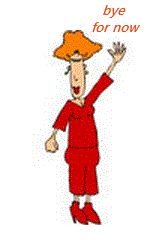Remy
Well-known Member
- Location
- California, USA
Not everyone gets to be old. You are right. I still remember a young woman I went to high school with. Killed in a car accident in the San Francisco bay area. Her boyfriend was not killed. This was in the 70's. I can only guess she may not have been wearing a seat belt. I was very bullied in school and she was one of these people who was just nice to everyone. Her name was Gina or Regina, I can't remember. Wonder why she had to go.
I have a co-worker who's only daughter has metastatic breast cancer they will not operate on. She is in her earlier 30's, has 2 kids and left her abusive husband a few years ago and moved in with her parents. Not only will those children lose their mother and their dad can't be much, my co-worker will lose her only child.
When I was a young child I had to stand there and watch my mother shoulder heave sob that "I was young once, I had hopes I had dreams" repeated over and over. Lived to 90 that manipulator. After she told me once she'd be dead by morning also as a young child.
We get what we get I guess.
I have a co-worker who's only daughter has metastatic breast cancer they will not operate on. She is in her earlier 30's, has 2 kids and left her abusive husband a few years ago and moved in with her parents. Not only will those children lose their mother and their dad can't be much, my co-worker will lose her only child.
When I was a young child I had to stand there and watch my mother shoulder heave sob that "I was young once, I had hopes I had dreams" repeated over and over. Lived to 90 that manipulator. After she told me once she'd be dead by morning also as a young child.
We get what we get I guess.















